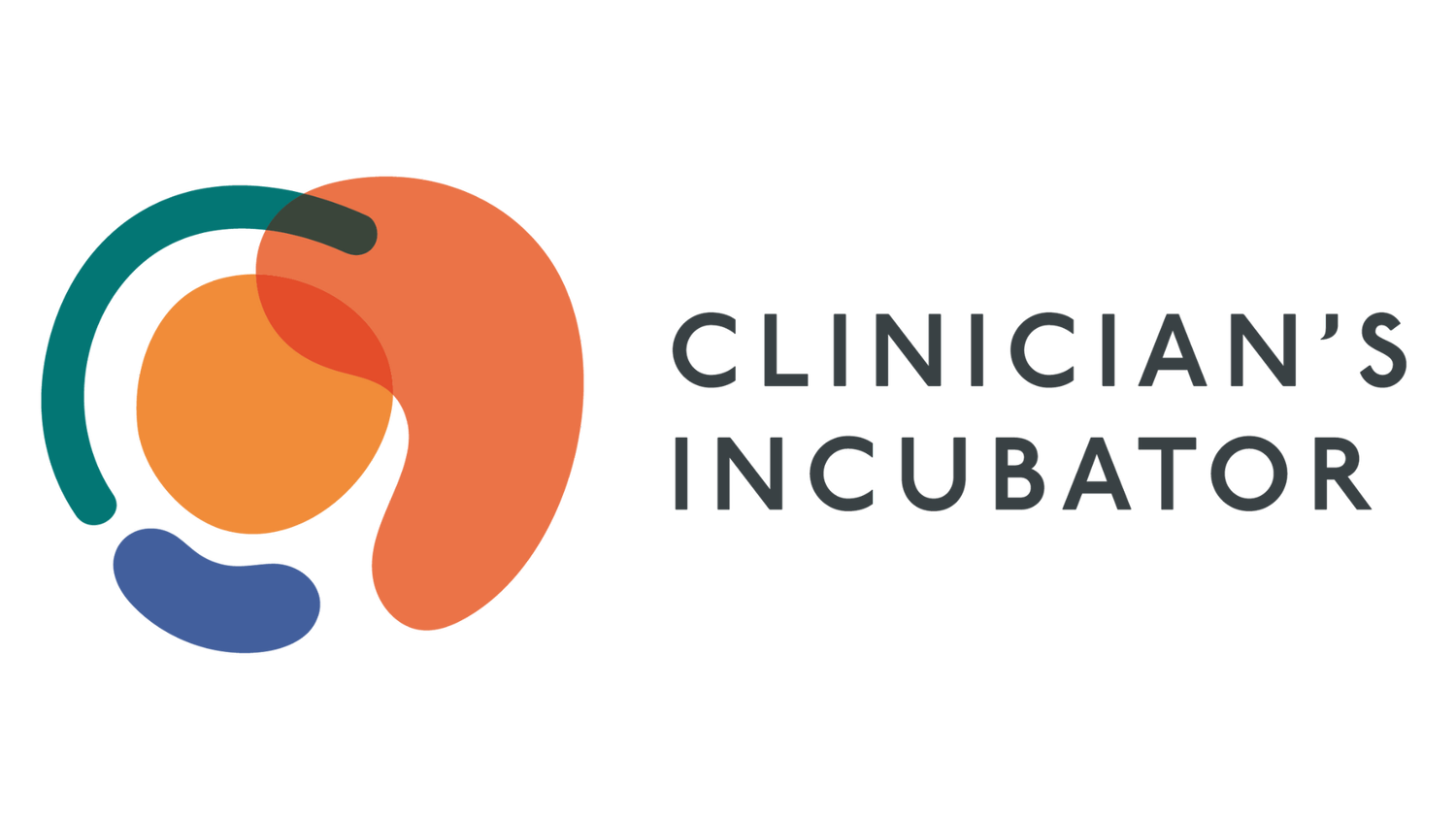Things I’ve Learned by Watching CNS Candidates: Stop Relying Exclusively on Education
This post is part of my ongoing series, Things I’ve Learned by Watching CNS Candidates, where I share insights from observing hundreds of real client sessions in Signature Supervision. These reflections come from watching smart, capable, well-trained clinicians in action — and noticing the small, human moments that make or break connection.
Today’s lesson is simple but hard: I want you to stop relying so much on education.
Before you gasp, hear me out. Education has its place. Of course it does. It’s the backbone of what we do as nutrition professionals. We teach people about physiology, food, and the ways their choices affect their health. But education is only one part of the work, and far too often, it becomes the default when clinicians feel uncertain or anxious.
When we don’t know what else to say, we start teaching.
I see it all the time: a client shares something emotional or confusing, and the candidate fills the space by explaining how digestion works, or the role of cortisol, or what fiber does in the gut. The science is right, but the timing is wrong.
What the client needed in that moment wasn’t more information. They needed to feel seen.
So here’s the practice I want you to try: for every three sentences you speak in session, ask for more information, clarification, or how something makes the client feel.
When you educate too much, you stop listening
Imagine this: your client says, “I’ve been feeling so tired lately, even though I’m eating better.”
You respond, “Well, fatigue can come from low iron, thyroid imbalance, or poor blood sugar regulation. Let’s talk about protein spacing and cortisol rhythm.”
Everything you said may be true, but notice what just happened. The focus shifted from the person to the content.
You might have missed a chance to ask, “Can you tell me more about the tiredness?” or “When did you first notice it?” or “How does that fatigue feel in your day?”
Those questions could uncover everything from grief to burnout to sleep disruption, things no lab test will fully explain.
Clients don’t come to us just for knowledge. They come for curiosity, compassion, and help making sense of what’s happening inside them.
The education reflex
Most new clinicians have what I call the education reflex, that automatic pull to fill silence with teaching. It comes from good intentions and a little bit of fear.
You’re worried about proving your value, so you start talking. You want to show you know your stuff, so you start listing pathways and nutrients.
But the paradox is this: the more you talk, the less the client says. And the less they say, the more you feel pressure to talk again. It becomes a loop that looks like connection but isn’t.
One candidate I recently watched gave a beautiful, detailed explanation of how fiber influences digestion and gut health. She was confident, articulate, and clearly knew her science. But the client, who had just shared that their diarrhea was really impacting their life, never got a chance to say more, or have their feelings validated.
That’s where I paused the recording. “Let’s rewind,” I said. “What could you have asked them before you explained?”
She thought for a moment and said, “Maybe… ‘tell me more about that’? Or ‘how is it impacting your day-to-day?’”
Exactly. Because before we educate, we need to understand.
Curiosity is the real clinical skill
The best clinicians aren’t the ones who give the most information, they’re the ones who ask the most thoughtful questions.
Here are some of my favorite ways to slow down and ask for more:
“Can you say more about that?”
“What’s that been like for you?”
“How does your body feel when that happens?”
“What do you think is behind that pattern?”
“What made you think of trying that?”
Every third sentence, I want you to reach for one of these.
If you’re talking about magnesium, pause and ask, “How do you feel about adding another supplement right now?”
If you’re describing blood sugar balance, ask, “How does that idea land with you?”
If you’re reviewing meal timing, ask, “What feels realistic for your mornings?”
Each question pulls the client back into the process. It reminds them that this plan isn’t something being done to them — it’s something being created with them.
Let me be clear: I love teaching. I built a whole career on education. But in the clinical setting, knowledge isn’t the final destination — it’s the bridge. If the client doesn’t walk across that bridge with you, all the teaching in the world won’t change behavior. A good question, on the other hand, can transform a session.
Here are a few examples that have shifted conversations in real time:
“How do you feel about trying that?”
“Does that sound doable, or does it feel like too much?”
“What’s your gut telling you about this plan?”
Clients rarely leave a session saying, “Wow, that was such a great explanation of methylation.” But they do leave saying, “I felt really understood.”
That’s what keeps them coming back.
As you grow as a clinician, practice the rule of three: every third sentence, ask for more. Ask for more context. Ask for more detail. Ask how it feels. Because education without curiosity is just noise. The next time you find yourself in that teaching mode, stop. Take a breath. Look at your client. Then say something simple like, “What’s coming up for you as we talk about this?”
That one question might do more for your client’s healing than any supplement protocol ever could.
What are your thoughts? Drop a comment or share this with a colleague who’s on the same path.
– Meg

